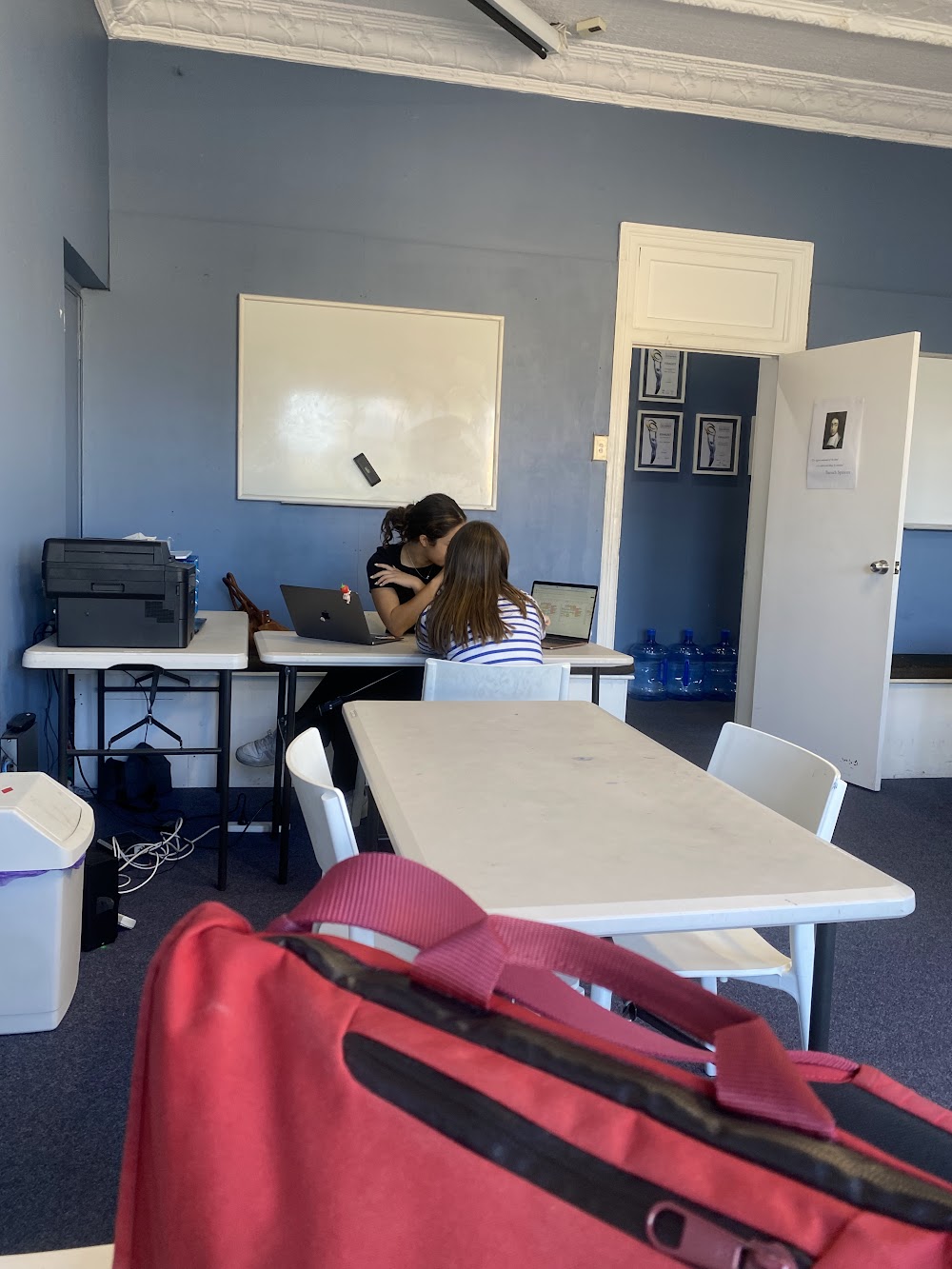
During today’s session, I observed Emmanuelle’s session with her Year 12 English Advanced student on reflective writing for the Module C exam. I was impressed by how she worked initially by demystifying the task, framing reflection as a familiar process: “It’s still essay writing,” she told the student, “but instead of analysing an author’s intention, you’re analysing your own.” This simple reframing seemingly worked to reduce the student’s confusion and gave them a clear point of entry into the task.
Emmanuelle’s approach was methodical yet flexible. She drew direct parallels between the critical essays the student had already mastered and the reflective piece they now needed to produce. For example, she explained that a thesis was still necessary, only here it would be a statement about her student’s own creative purpose. Evidence was also still required, but in this case it would come from the student’s own writing: a chosen metaphor, a structural decision, or a stylistic technique. Emmanuelle even modelled the kind of language shift that was needed, contrasting phrases such as “The author conveys…” with “I sought to convey…” to highlight the reflective voice.
What impressed me most was the way she encouraged self-awareness without reducing the task to formula. She asked the student to think critically about why they made particular choices and how those aligned with the rubric’s demands. Rather than dictating answers, this guided the student into articulating their own rationale, reinforcing independence.
By the end of the lesson, the student had not only drafted a clear outline but also expressed greater confidence.
Great job Emmanuelle!
Thea Macarthur-Lassen

